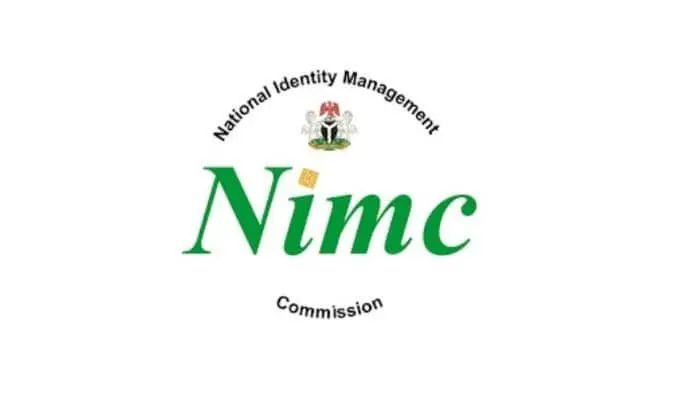The Paradigm Initiative (PIN) has sued the National Identity Management Commission (NIMC) along with the Central Bank of Nigeria (CBN), the Federal Inland Revenue Service (FIRS), and the Nigerian Immigration Service (NIS) over breach of the National Identity Numbers (NINs) by hackers.
Others joined in the suit, whose hearing has been fixed for January 22, 2025, at an Abuja High Court, are the Nigerian Interbank Settlement System (NIBSS), the Independent National Electoral Commission (INEC), the Nigerian Data Protection Commission (NDPC) and the Minister of Justice and Attorney General of the Federation.
NIMC had denied any breach to its database, saying NIN data of Nigerians are intact and not compromised.
But PIN Executive Director, Gbenga Sesan, who disclosed this at a media parley in Lagos on Wednesday, added that though NIMC had been consistently denying that NIN data were hacked, millions of Nigerians have had their personal data, which was stored in the commission’s data base hacked by hackers sometime in April this year.
- CIG Motors, FCMB to simplify vehicle ownership for Nigerians
- Mercedes, BMW, Range Rover vie for Nigeria’s luxury SUV Crown
Sesan said, conservatively, data of 43million Nigerians might have been compromised by cyber criminals due to the negligence of NIMC.
He said PIN sued some other federal government agencies along with NIMC because they are also data collecting agencies and some of them used data collected by NIMC.
He said many Nigerians have had their secretly kept personal information exposed by the hackers through the negligence of some government agencies.
“Loan firms are now embarrassing many Nigerians because criminals have used their compromised personal data to get loans without their knowledge. They are now being harassed up and down by some of these loan firms”, the executive director said.
He said there were fears that hackers still have access to some of these data as a result many Nigerians are at risk.
He said the group wants the court to legally force the government agencies to do the right thing by safeguarding the data kept in their custodies and to take responsibility when it is breached.
He bemoaned policy backslides by many Nigerian government agencies, adding that this is one of the reasons why some of them have had security violated by outsiders.
The PIN’s executive director also said it was becoming clearer that the NIN exercise might have lost its relevance as it didn’t stop or reduce kidnapping and other insecurities in the country.
He therefore called on the federal government to prevail on some its agencies to do the right in order to prevent data of Nigerians from breach.

 Join Daily Trust WhatsApp Community For Quick Access To News and Happenings Around You.
Join Daily Trust WhatsApp Community For Quick Access To News and Happenings Around You.

